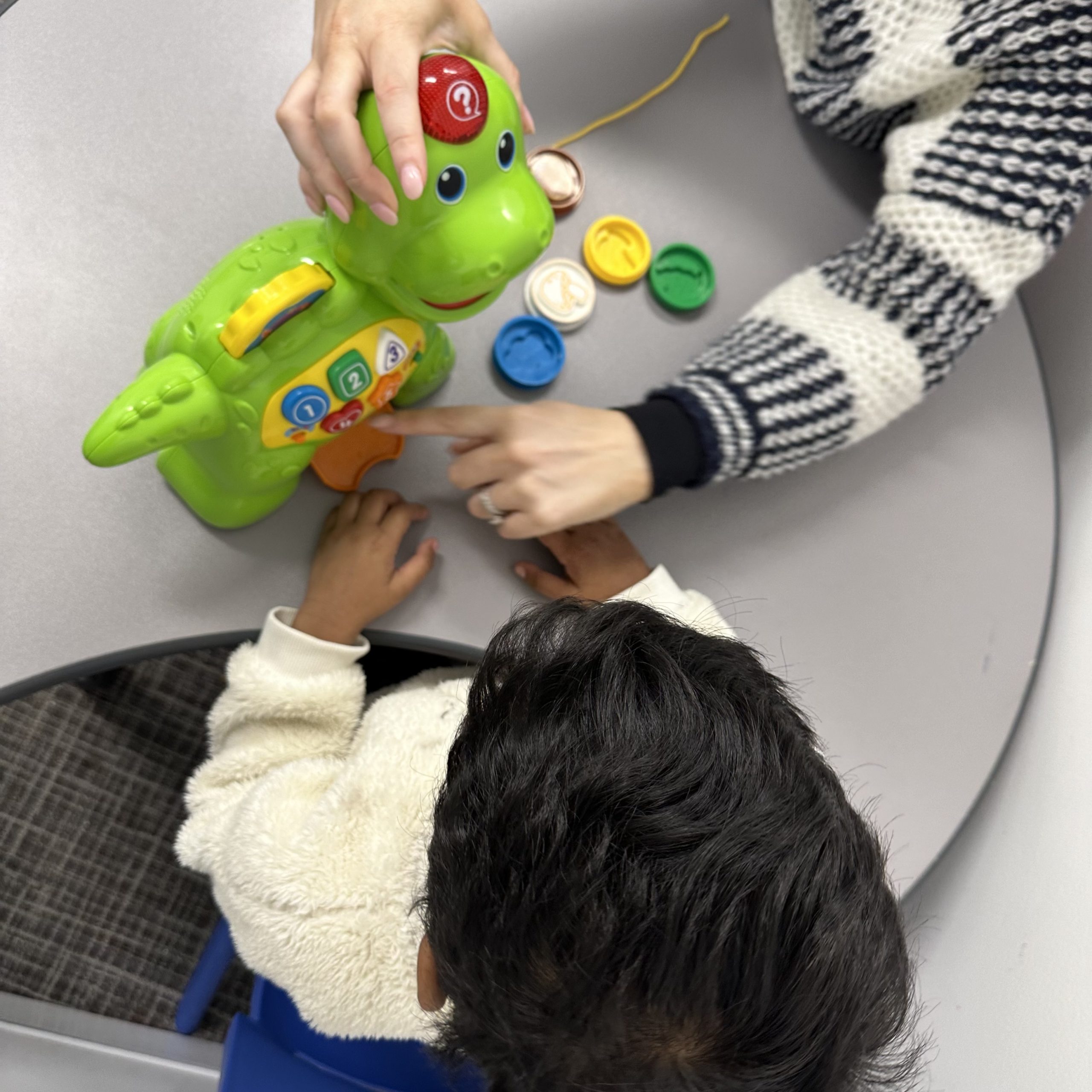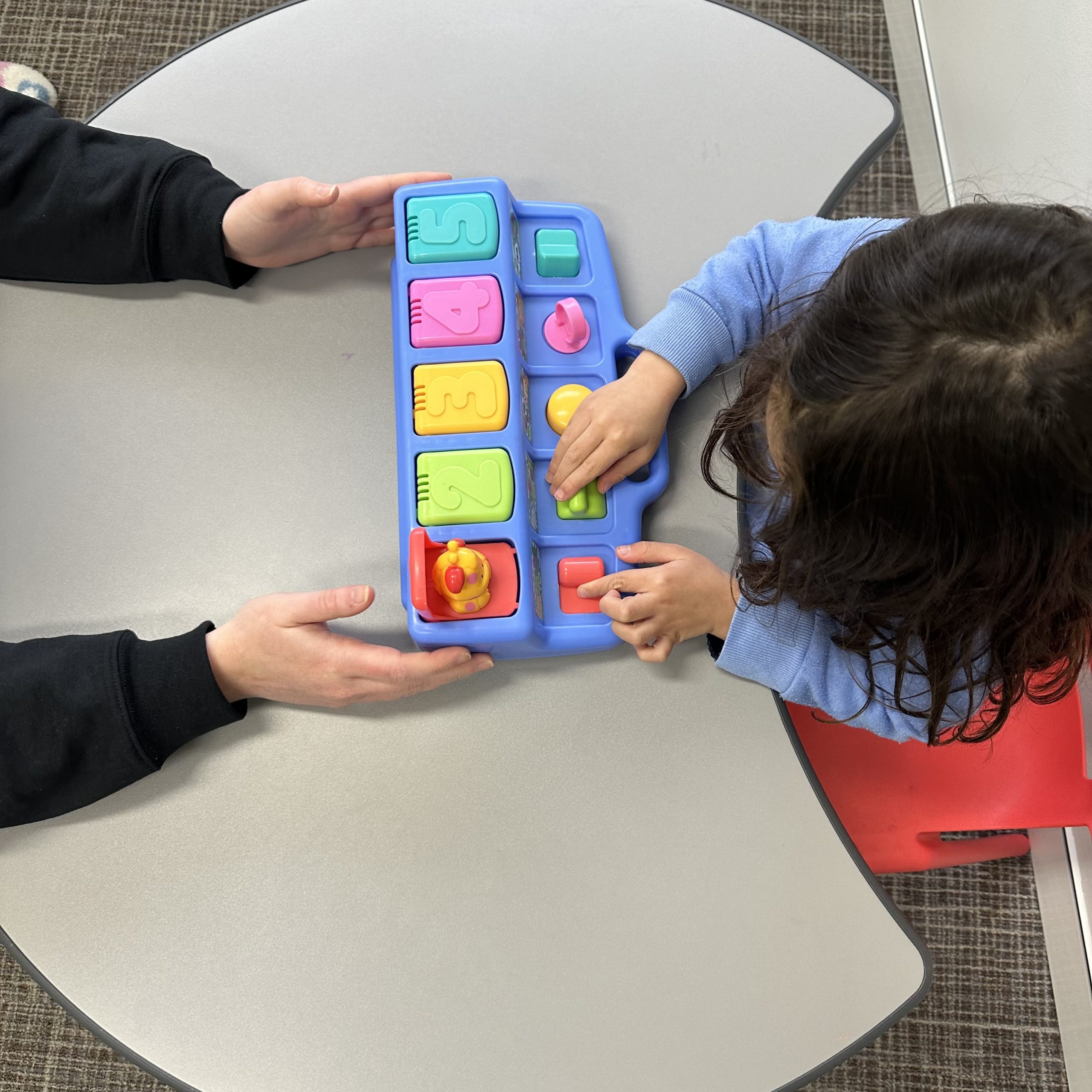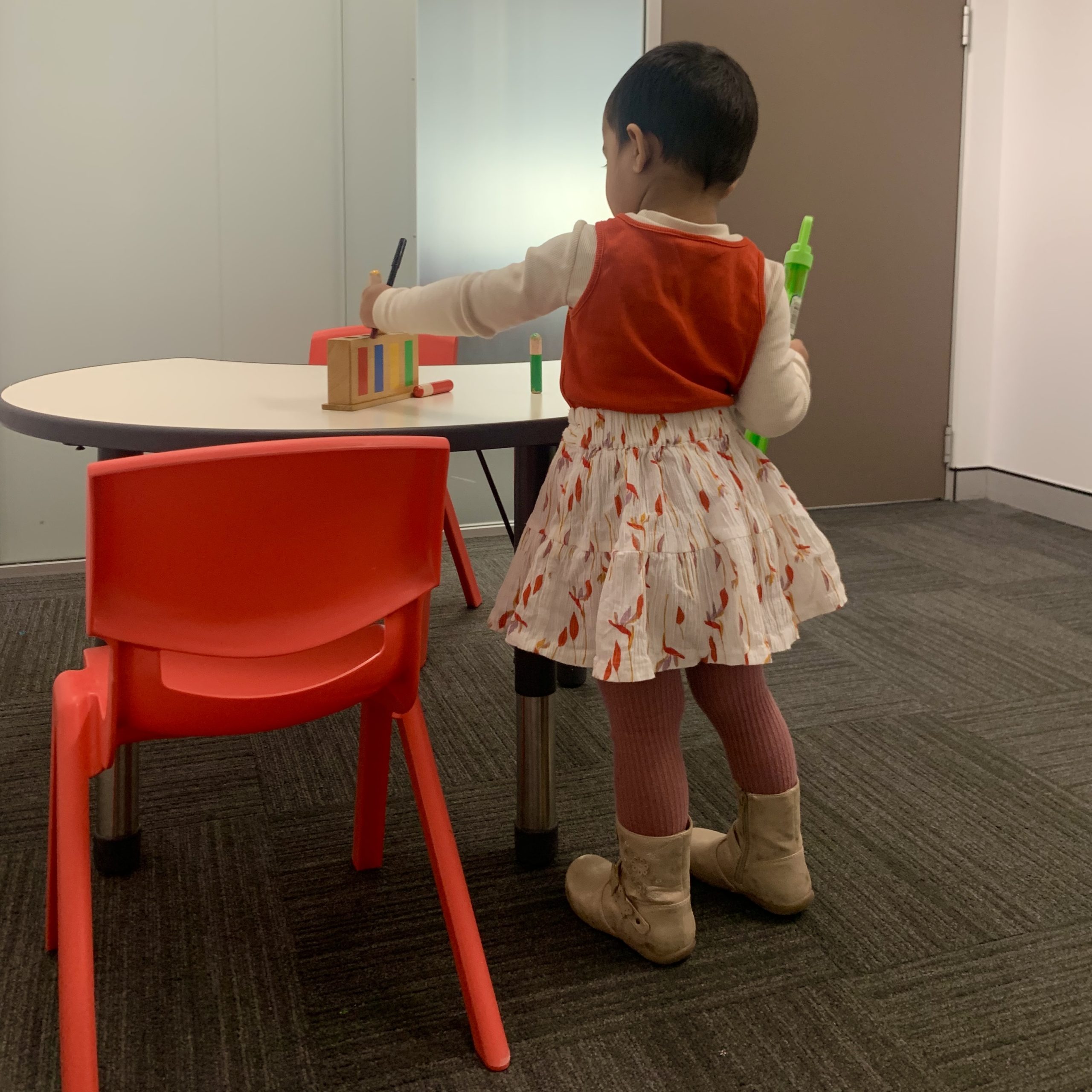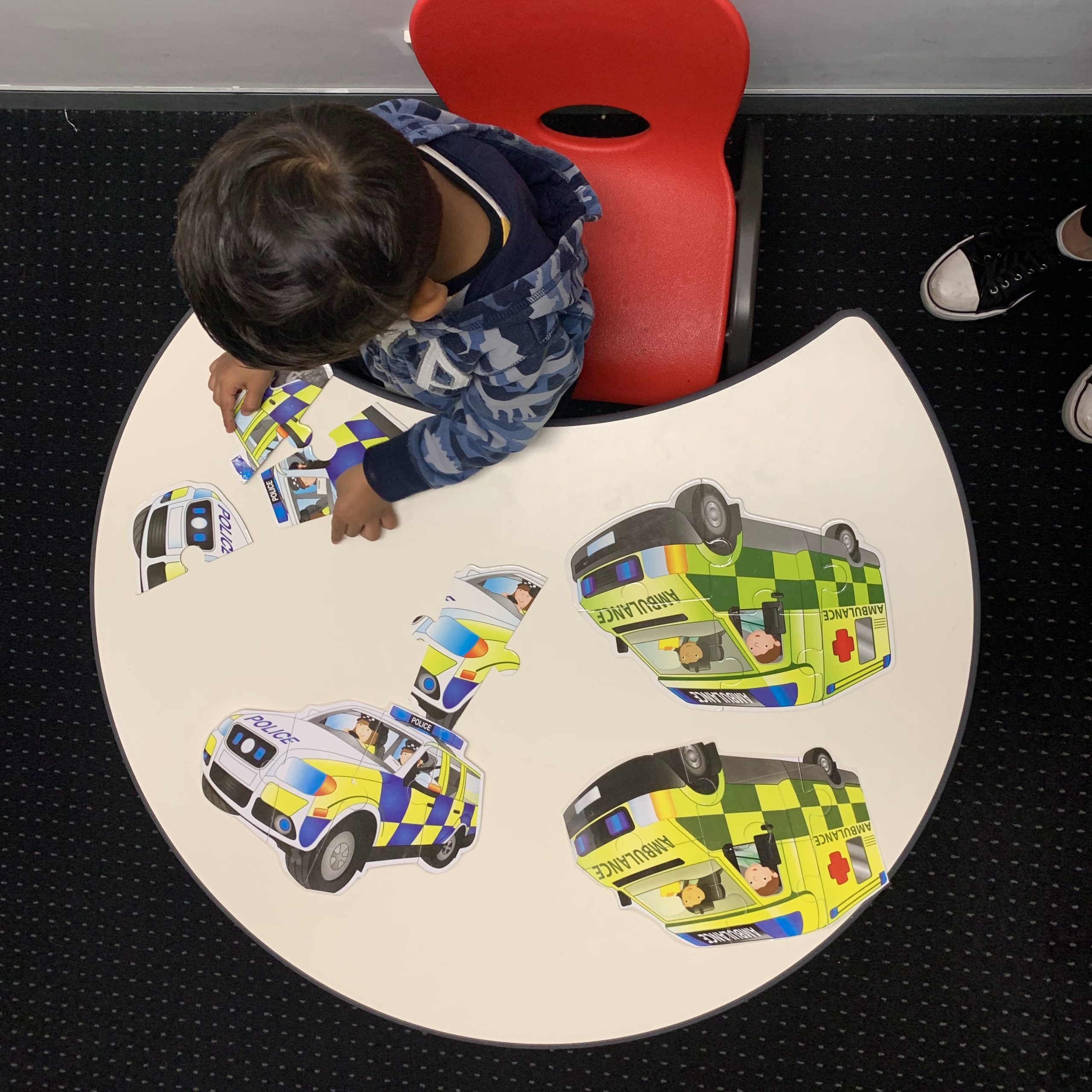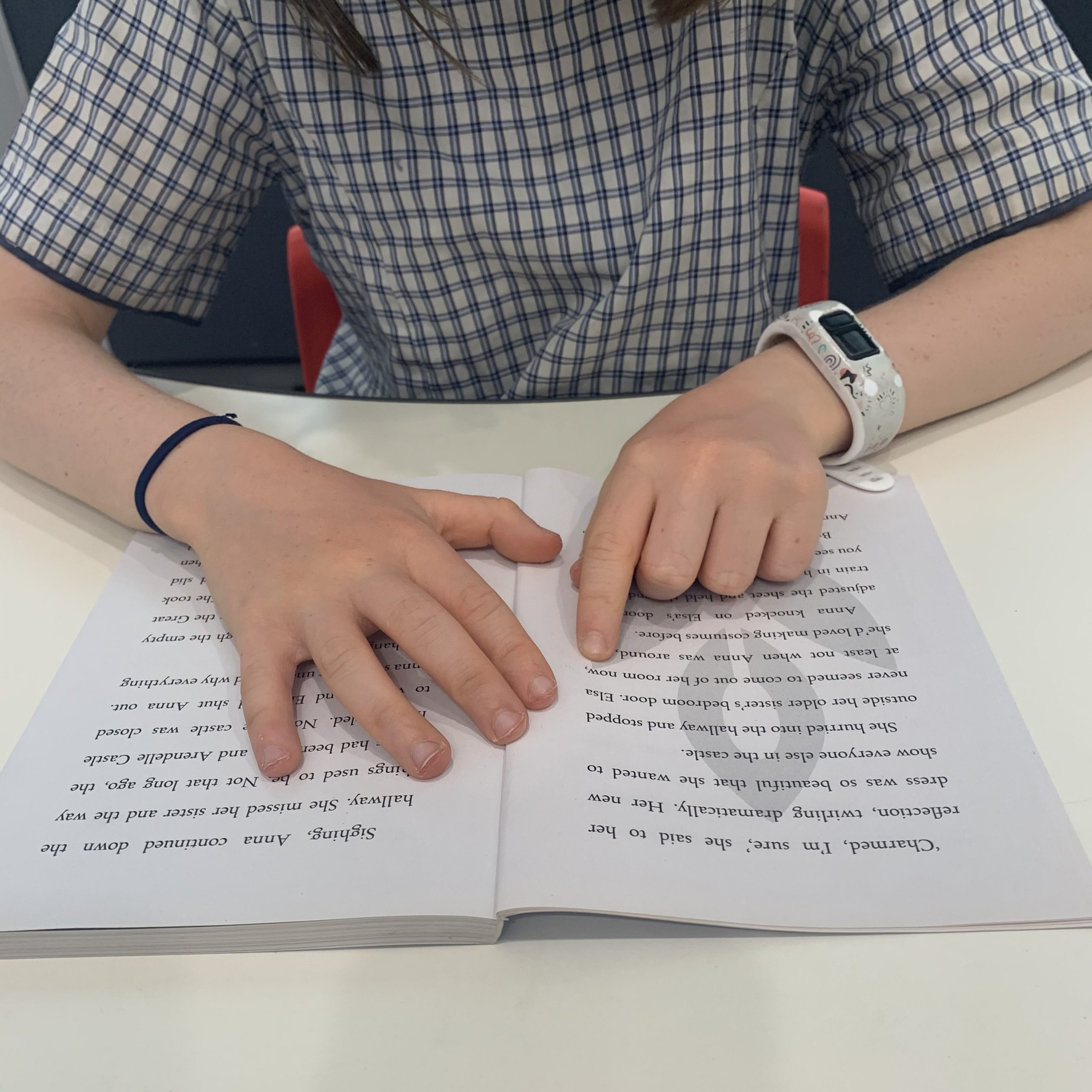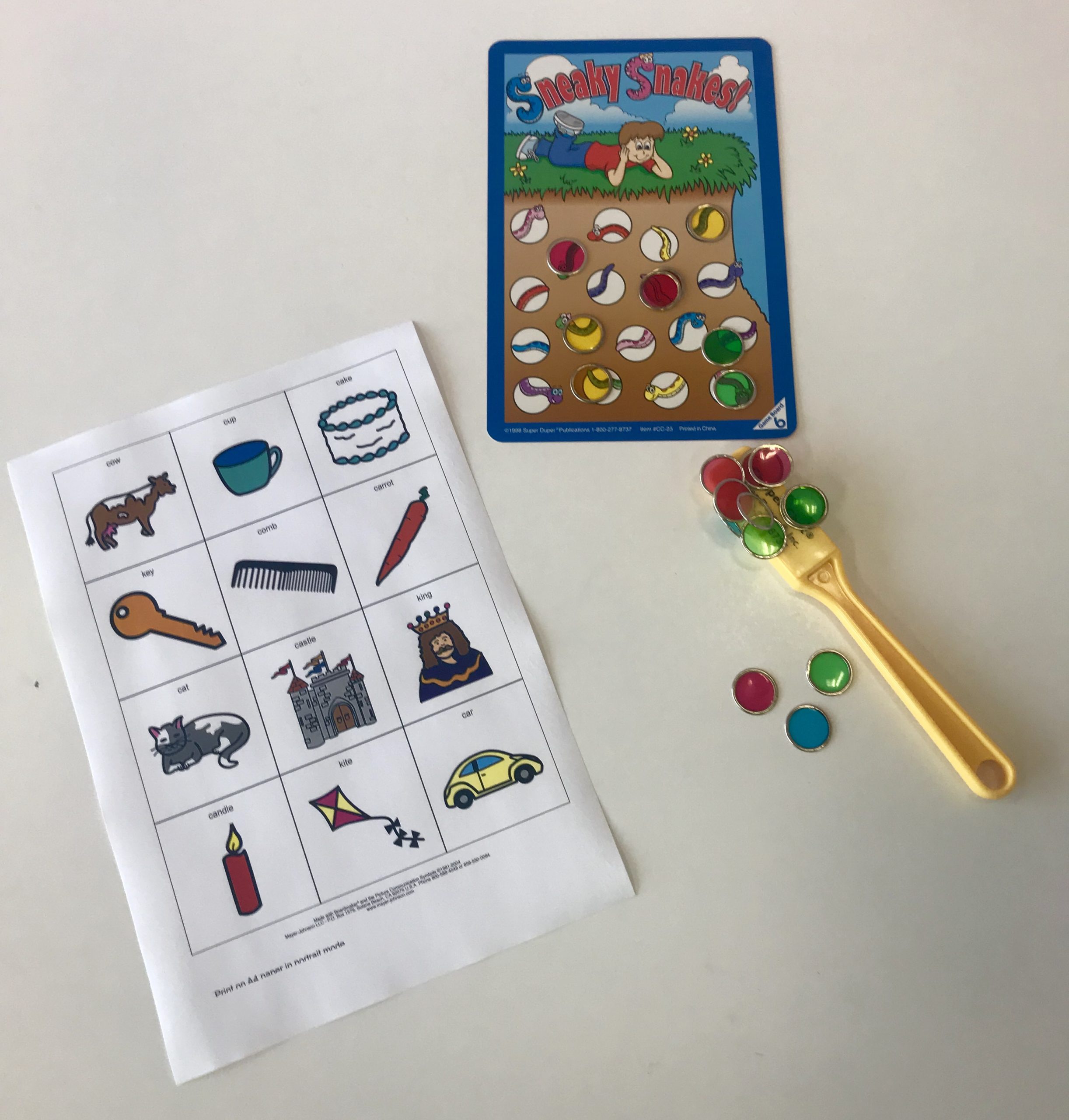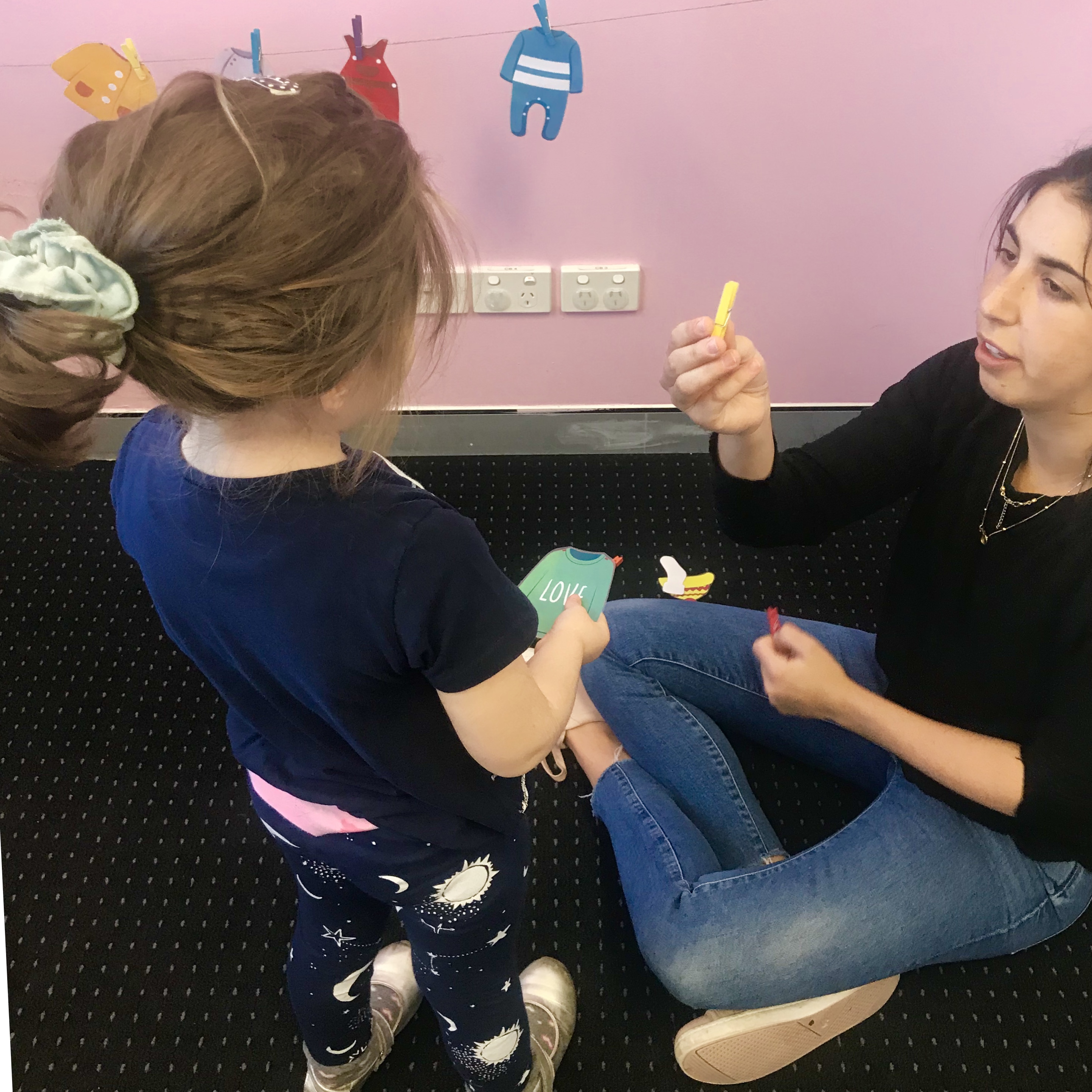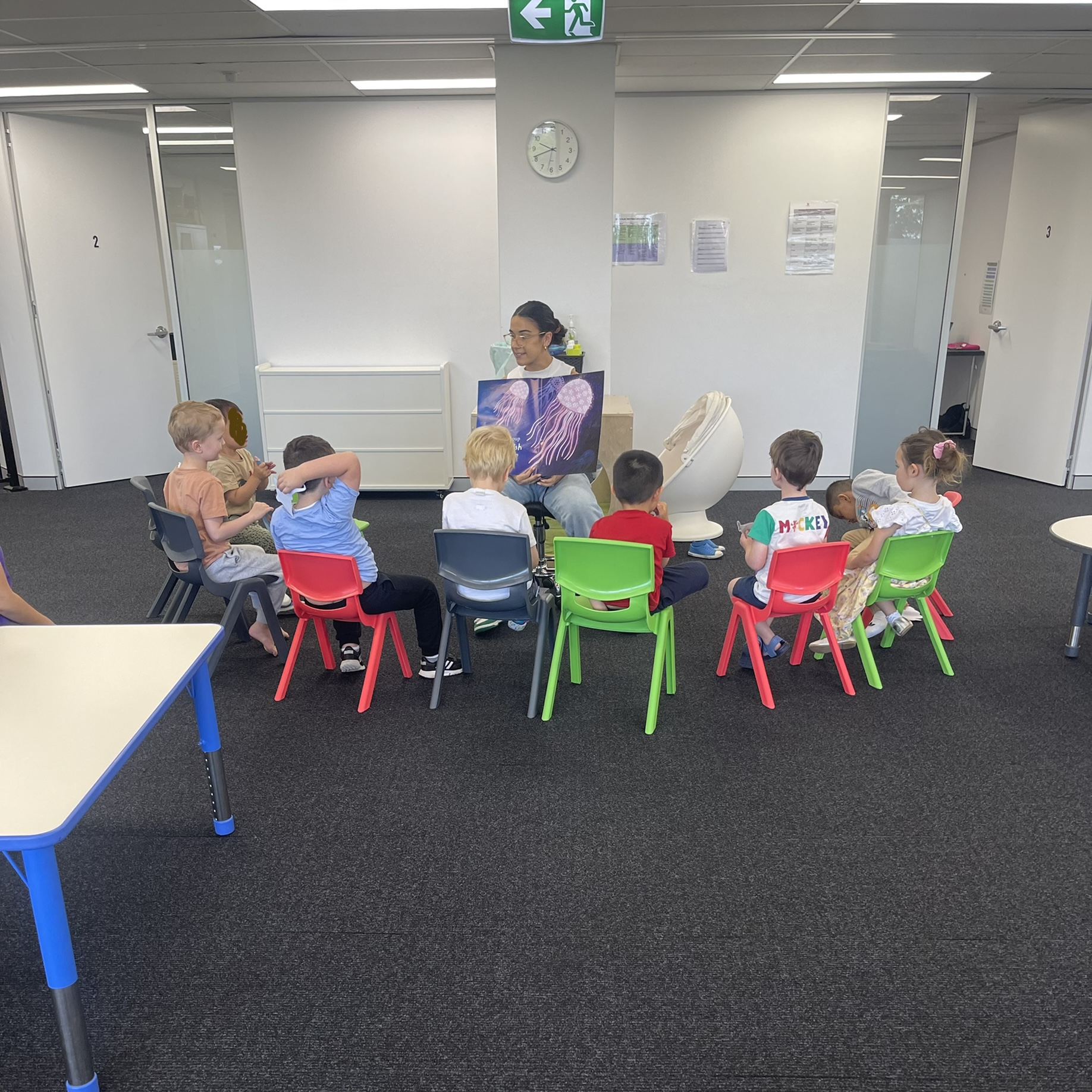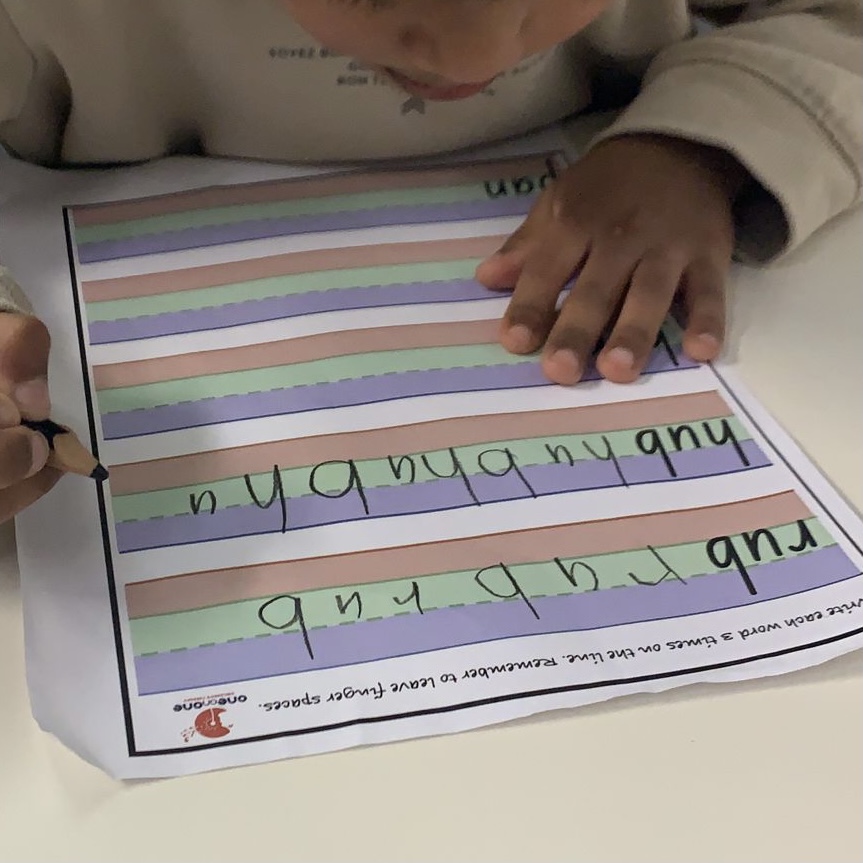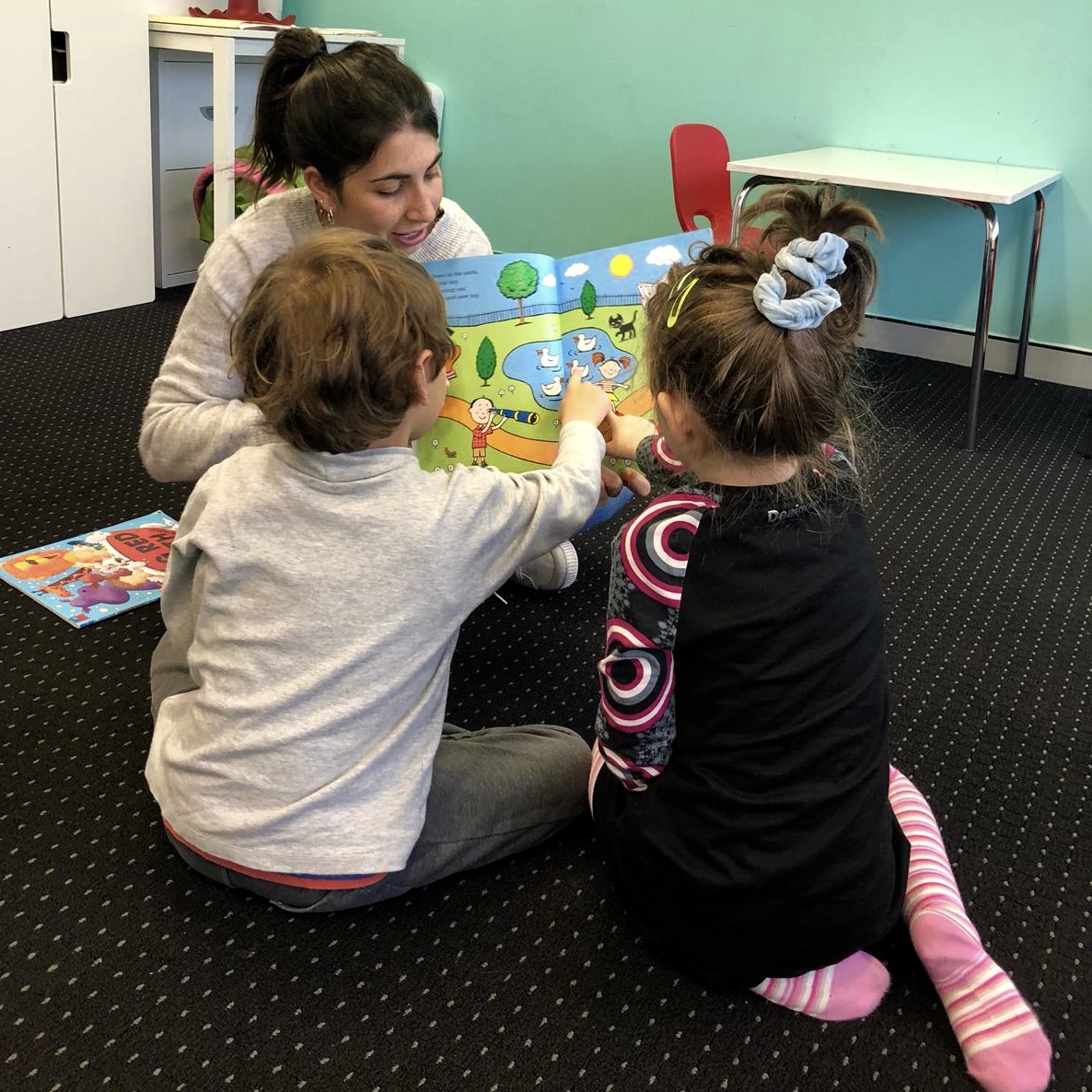
How do children learn to talk? Children learn to talk by hearing other people talk. They hear all the people all around them talk. This process of listening to other people talk starts from the day they are born. Their little brains are hard wired to take in sounds and words from the very beginning. When children need help learning to talk, the people they spend the most time with are the ideal people to do this. They can learn strategies from Speech Pathology sessions and apply these strategies to everyday activities. One session of Speech Pathology each week isn’t…

